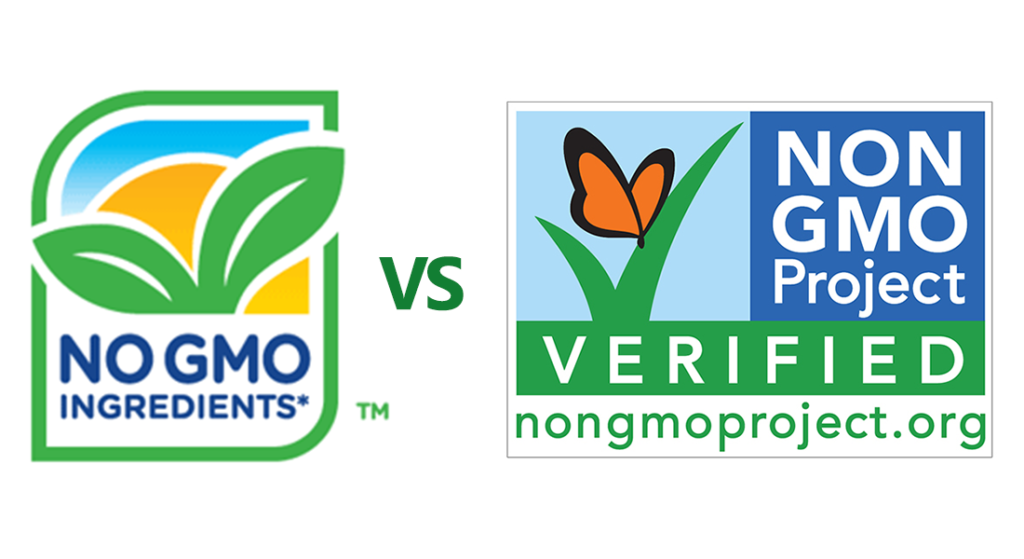The upcoming mandatory GMO labeling law has food industry leaders scrambling to certify their products because GMOs are considered to be unhealthy by the general public. However, CPG giant Nestlé took matters into their own hands and created their own “No GMO Ingredients” label, which seems to be getting a controversial response from consumers. This is why the company is now facing a class action lawsuit which claims that their label misleads consumers into thinking that Nestlé’s products are Non-GMO Project certified.
A California woman filed this lawsuit on July 27, which also accuses Nestlé of purposely designing their No GMO Ingredients label to look like the Non-GMO Project’s seal. The plaintiff, Jennifer Latiff, claims that Nestlé wants to trick consumers into thinking that their products have been officially certified by the Non-GMO Project.
The seal, which was developed by Nestlé’s team, is an in-house claim. Over 43,000 products under the Switzerland-based company’s portfolio have been branded with their No GMO Ingredients seal. However, Latiff’s lawsuit claims that Nestlé used the seal on dairy products made from cows that were fed GMO-based grains, which is a violation under the Non-GMO Project’s certification program.
“In other words, the No GMO Ingredients seal of approval is nothing more than [the] defendant touting its own products,” the lawsuit said. “As a result of this deceptive label, consumers paid a significant premium to purchase a non-GMO product to avoid the well-known health and environmental risks associated with GMO products.”
Nestlé, on the other hand, stood by their seal and denied all of Latiff’s allegations.
“Our product labels that declare the absence of GMO ingredients are accurate, comply with FDA and USDA regulations and provide consumers with information to help them make informed purchasing decisions,” the company said in a statement to CBS MoneyWatch. “As indicated on our labels, the process for manufacturing Nestlé’s products bearing a “No GMO Ingredients” claim is verified by SGS, a world leader in third-party inspection, verification, testing and certification.”
This lawsuit comes after the USDA announced an upcoming GMO labeling law. Nestlé has been known to be opposed to this label, along with other food companies who fear that disclosing the use of GMO ingredients will push consumers away from their products. This isn’t a surprise, considering that 87 percent of global consumers believe that non-GMO foods are healthier. In fact, GMO labeling was one of the reasons why the company left the Grocery Manufacturers Association (GMA), which was originally against the mandatory labeling law but then started to support it.
Nestlé wasn’t the only company that stood against GMO labeling of food products. Danone, Mars and Unilever stood by Nestlé’s beliefs and all left the GMA as well. Last month, all four companies joined forces and announced the launch of The Sustainable Food Policy Alliance, which is a lobbying group that works to improve the overall health of consumers and the environment.
However, the question still stands as to why Nestlé invested in their own non-GMO label if their products can potentially be certified by the Non-GMO Project. Nestlé may have come up with this idea because the GMA is working with the Non-GMO Project to implement GMO labeling. Since Nestlé made it apparent that they disagree with certain GMA standards, they may have rebelled against the Non-GMO Project’s certification program with their own logo. Additionally, the Non-GMO project does not certify meat products that come from animals who are fed GMO feed, which might be another reason why this new label came to light.
Although Congress had already passed a mandatory labeling law in 2016, its implementation is delayed until strict guidelines are developed on what products can be certified. Since the law has not yet been defined and the USDA has not made it mandatory for non-GMO products to be certified by the Non-GMO project, Nestlé seems to be in the clear with their house-made non-GMO label.












Join or login to leave a comment
JOIN LOGIN